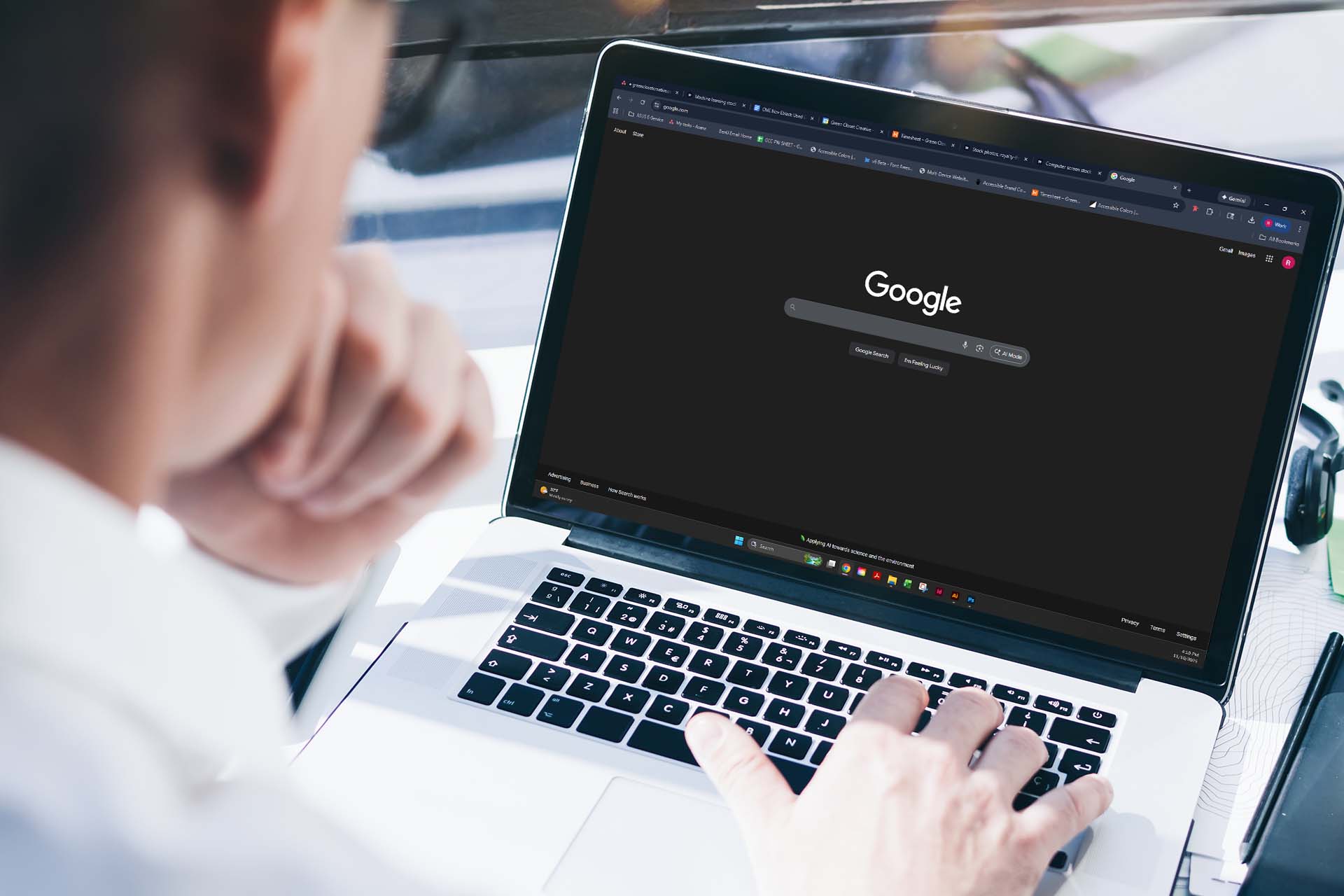How Google’s Machine Learning Is Improving Digital Marketing
Businesses are becoming increasingly driven to evaluate their digital marketing based on conversions rather than simply clicks and impressions. Advertisers want to know how many people call, fill out a form, schedule a visit, or engage in some other high-value interaction.
While digital marketing experts have developed tools such as A/B testing to gauge the success of certain ads or messages, we have had to depend on the expertise of the person monitoring these campaigns, until Google implemented artificial intelligence (ai) and machine learning.
Artificial intelligence and machine learning are related but are not the same. AI relates to machines that are able to engage in intelligent behavior. Machine learning is the act of getting computers to take action without being programmed to do so. Both rely on each other and can be extremely effective in improving conversions as well as engagements when used within Google Ads campaigns.
Machine learning algorithms allow advertisers to use data about our target audience to build a persona and predict how they would think and act. Google then evaluates tens of millions of data points to try to replicate how that audience will act and respond. In addition, since machine learning continuously learns over time, your campaigns’ performance will continue to improve over time.
Are There Any Pitfalls?
As marketers we can’t just “set it and forget it,” there are some drawbacks to machine learning.
- We can’t see the data being used. Even though we have access to a lot of Google’s data to make your machine learning campaign work, we can’t actually see the data to make your own decisions.
- Machine learning takes time to adapt and learn.
- Google doesn’t know your business as well as you do.
We are BIG fans of AI and machine learning. Google has spent untold resources developing these tools, and as customers, we have access to them at no additional cost. A recent report by Aquisio found that paid search accounts that are optimized for machine learning achieve 71 percent better conversion rates.




